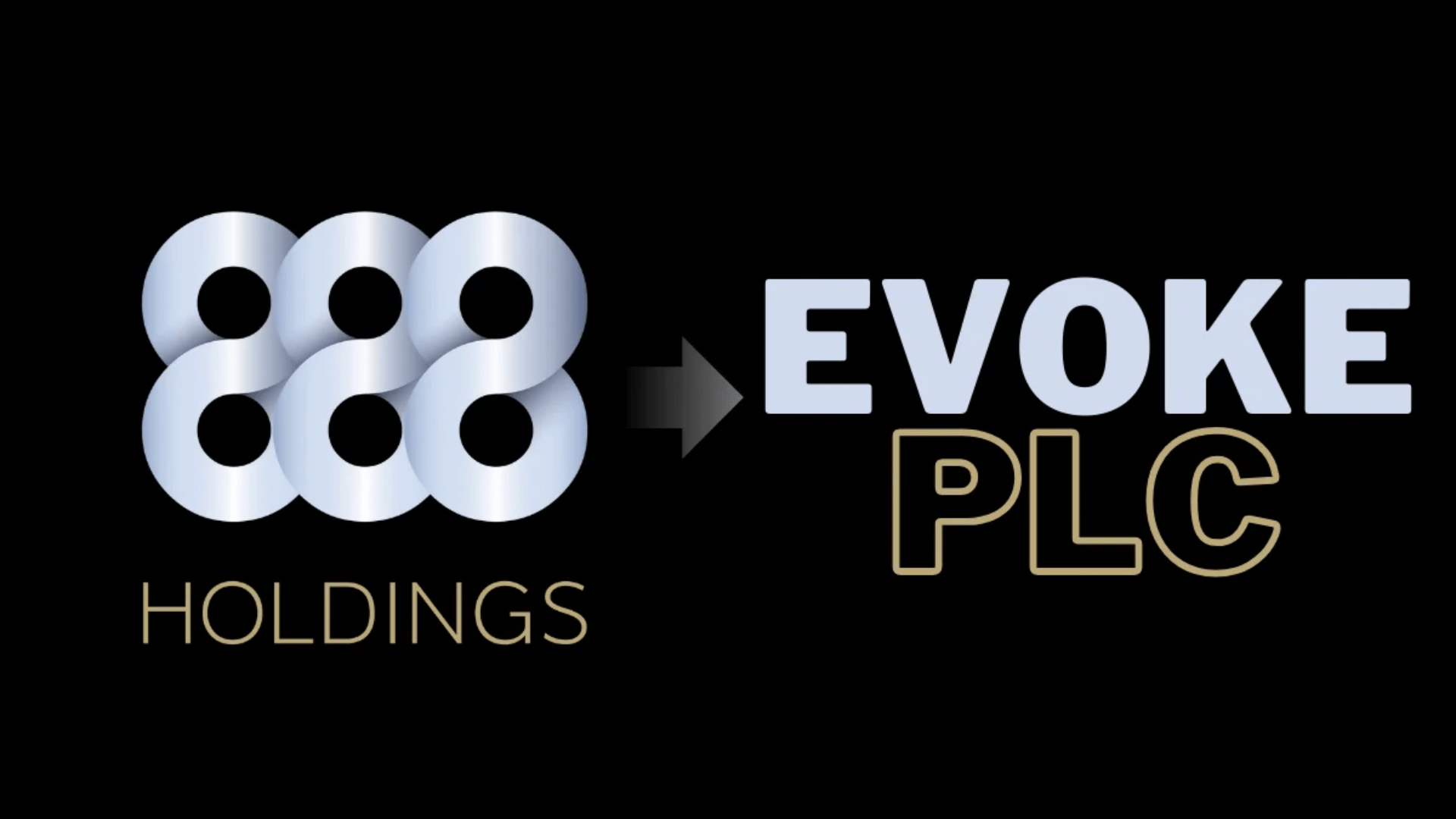888 Changes Name to Evoke in Company ‘Reset’

The online gambling behemoth 888 has formally rebranded itself as Evoke. Although it exudes clear girl-band vibes, the rebranding received strong approval from shareholders at the company's Annual General Meeting (AGM) on Monday, with 284,646,548 votes in favor and 595,372 votes opposed.
Evoke will start trading on the London Stock Exchange with the ticker "EVOK" after finalizing the rebrand.
Evoke CEO Per Widerström stated that the name change would provide the company an opportunity to "reset." This follows a period of 18 months marked by management turmoil and regulatory challenges.
Fresh Horizons
"Today, we formally commence our next phase as Evoke plc," the firm stated on its LinkedIn page on Wednesday. "Evoke represents a sign of our new path." A course that leverages our strengths and enables us to progress together as a cohesive multi-brand entity with a unified strategy, vision, and identity.
It also “better aligns with the company's mission” – although the post did not clarify how – which is “to enhance life’s excitement by captivating players with top-notch betting and gaming experiences.”
The renaming was first revealed in April as a component of a broader "value enhancement strategy" that included new financial objectives. The firm has faced pressure to lower the debt it took on following the heavily leveraged purchase of William Hill's international operations in 2021.
The strategy has included withdrawing its B2C operations from the US market, where it operated a Sports Illustrated-branded betting and gaming platform, due to operational expenses. Instead, it has chosen to concentrate on its primary markets: the UK, Italy, Spain, and Denmark.
The organization aims to utilize AI to reduce expenses by enhancing the effectiveness of its daily activities.
Risky Name Alteration
The name alteration aligns with the ongoing movement in the gambling sector to invigorate brand identities – GVC Holdings transformed into Entain, while Paddy Power Betfair evolved into Flutter. However, rebranding is consistently a risk, as it necessitates a company to abandon years of brand recognition for something that may not prove effective.
The postal service in the UK, referred to as the Royal Mail since 1635, serves as a prime example. To compete with mail firms boasting catchy names such as FedEx, the Royal Mail opted to rename itself with the nonsensical, invented term “Consignia.” The decision faced immense mockery, and a year later Consignia reverted to the Royal Mail name.
The verdict is still pending on Elon Musk’s Twitter/X rebranding.






